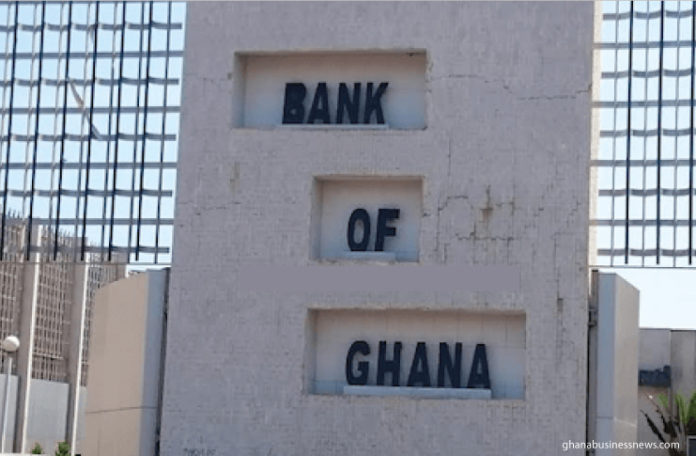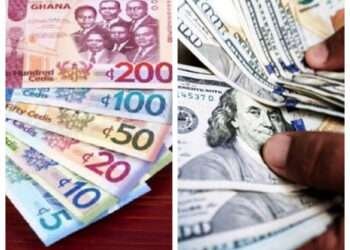This week’s auction of GH¢889 million Government Treasury bills has been oversubscribed by 72 percent with the government exceeding its target by gaining an additional GH¢484.54 million.
The bills, carrying a maturity of 91 days, 182 days, and 364 days are issued by the Central Bank on behalf of the government. A lot of investors showed interest in the short end of the market with most of them tendering more bids for the three-month bills.
In total, bids worth GH¢1.53 billion were tendered at the Treasury auction. However, the Bank of Ghana, which manages the government’s borrowing programme accepted all bids for the 182/364-Day bills but rejected some bids worth GH¢154.68 million for the 91-Day bill. Analysts reveal that the rejection of the bids by the Central Bank can be attributed to investors lending at a higher rate than what the government is willing to borrow at.
Again, with level of investment geared towards shorter term securities, the three-month bills was highly patronized by investors at the treasury bill sales as they tendered in bids worth GH¢1.17 billion at rate ranging between 12.5 – 13.1 percent. The government, however, accepted a little over GH¢1.01 billion at an approximate average price of 12.84 percent with the lowest accepted price being 12.5 percent and the highest being 12.9 percent.
The government auctioned GH¢124.38 million for the six-month bills at an average discount rate of 12.99 for an allotted bid rate extending from 12.75 percent to 13.19 percent per annum.
Likewise, for the 364-Day bill, GH¢235.26 million was auctioned at an average price of 14.38 percent with the minimum discount rate accepted being 13.79 percent extending to a maximum rate of 14.5 percent. Also, the discount rate reflects that the bills sell for less than face value.
For some time now, the interest rates on short-term treasury bills continue to fall marginally following the decline in the rate of inflation. At this auction, except for the interest rate on the 91-Day bill which increased to approximately 13.27 percent from 13.11 percent, the average interest rate of both the 182- Day bills and 364-Day bills dipped slightly by approximately 0.06 percent each to 13.89 percent and 16.8 percent respectively.

So far, there has been a consistent increase in demand for short term government securities with oversubscriptions recorded since the beginning of the year. This may signal a boost in investors’ sentiment. William Mensah, an Investment Banker and Non-Executive director for Ecobank Capital also hints that as a result of the second-wave of the coronavirus pandemic, investors are looking for a safe haven in times of uncertainty, and in our part of the world, this is translated into the purchase of government securities which carry lesser risk.
In the coming week, the government projects to borrow GH¢ 1252 million at its weekly securities auction starting, 1st – 5th March 2021 for 91/182/364-Treasury bills. Although, the government needs to borrow to finance its budget and maturing debt as well as cover its recorded budget deficits and as such fuelling its consistent borrowing from the domestic market, there are fears that this can crowd out the private sector’s access to loanable funds.
Mr. David Tetteh, a Financial Analyst and former Chief Executive Officer (CEO) of CAL Brokers reveals that if the government sticks to its borrowing calendar there will be enough funds channelled to the private sector for investment activities.





















